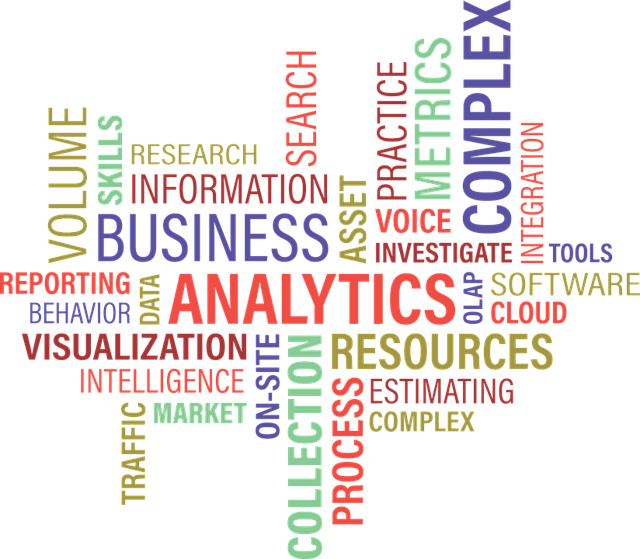

An Enterprise Resource Planning (ERP) solution can be one of the most effective investments that a company can make to enhance efficiency, profitability, and long-term sustainability. However, it is also often one of the most difficult decisions to make, due to the initial effort it takes to implement the software and train staff, as well as the costs involved.
When purchasing an ERP system, there are a number of expenses that have to be taken into consideration beyond just the software. In fact, it is estimated that the actual ERP software only accounts for about 30 percent of the overall expense.
The cost of the actual software will vary based on how dynamic the system needs to be. The more applications that are required and the greater the level of customisation, the more expensive the software. Generally, larger organisations will pay much more than small and mid-sized businesses because they will have to implement a large, highly specialised ERP software solution.
Hardware can take up another 20 percent of the total cost of an ERP system. For small and mid-sized businesses that may not have enough resources to invest in upfront ERP costs, it may make more financial sense to opt for a cloud-based deployment, which involves a software as a service (SaaS) payment model. With a subscription-based ERP solution, no hardware expenses are required, as all the servers and other hardware are housed by the vendor. Also, the maintenance and support costs are generally rolled into the monthly fee. However, cloud-based ERPs are often much ‘lighter’ packages than onsite, so if it’s data-heavy information you’ll need to track, on-site may be a better option or your business.
The more licenses your company requires, the higher your overall ERP costs will be. This is another reason why larger businesses have much larger software expenses. To save on licenses, keep in mind that you don’t need a license for every potential user. You’ll only need to acquire enough for the maximum number of concurrent users.
Whether you are getting your first ERP solution or replacing a legacy system, this is where the bulk of your ERP expenses will go – as much as half of your upfront expenses. Implementation costs cover the following:
Who you choose to take care of your implementation process is going to impact the overall cost. Some ERP vendors will offer implementation services, while others won’t, which means your company could be working with a third-party vendor like an IT provider.
Implementation also includes training costs, an essential area for having a successful implementation process. Research shows that companies who invest heavily in training their staff are more likely to have a successful ERP implementation process. Setting aside less than 13 percent of the overall ERP implementation budget for training is linked to an increased likelihood of going over budget and exceeding project time frames.
One way that businesses can cut these costs is by being as involved in the process as possible. Having an internal project manager from your own staff, as well as a core team that works directly with the ERP vendor, will help the process go more smoothly and will help to prevent the project from going over budget.
To save on training costs, consider preparing several members of your staff to train the rest of your employees. It helps to have several IT professionals or other employees on your team who know your ERP system like the back of their hand. They can not only train others, but they may also be able to help when other staff members run into questions.
The benefits of ERP software include streamlining operations, increasing efficiency, and boosting productivity with a centralised, easy-to-use solution. Because of this, ERP solutions are generally well worth the investment – provided you invest effectively and efficiently in getting the implementation and training processes right from the start. This is the case across the board, from small businesses to enterprise level corporations. To find out how much of a Return on Investment that you may expect from your ERP system, use this tool for finding the ROI of an ERP solution based on your industry.
Learn everything you can about the ERP implementation process and choose a vendor that can answer all your software needs with one integrated, powerful software solution, and you are more likely to benefit immensely from your new system.
If you’d like to speak to our team about how the MYOB Exo or MYOB Advanced ERP systems can benefit your business, get in touch with us today!